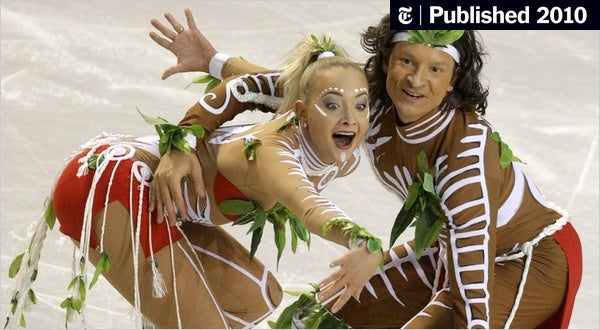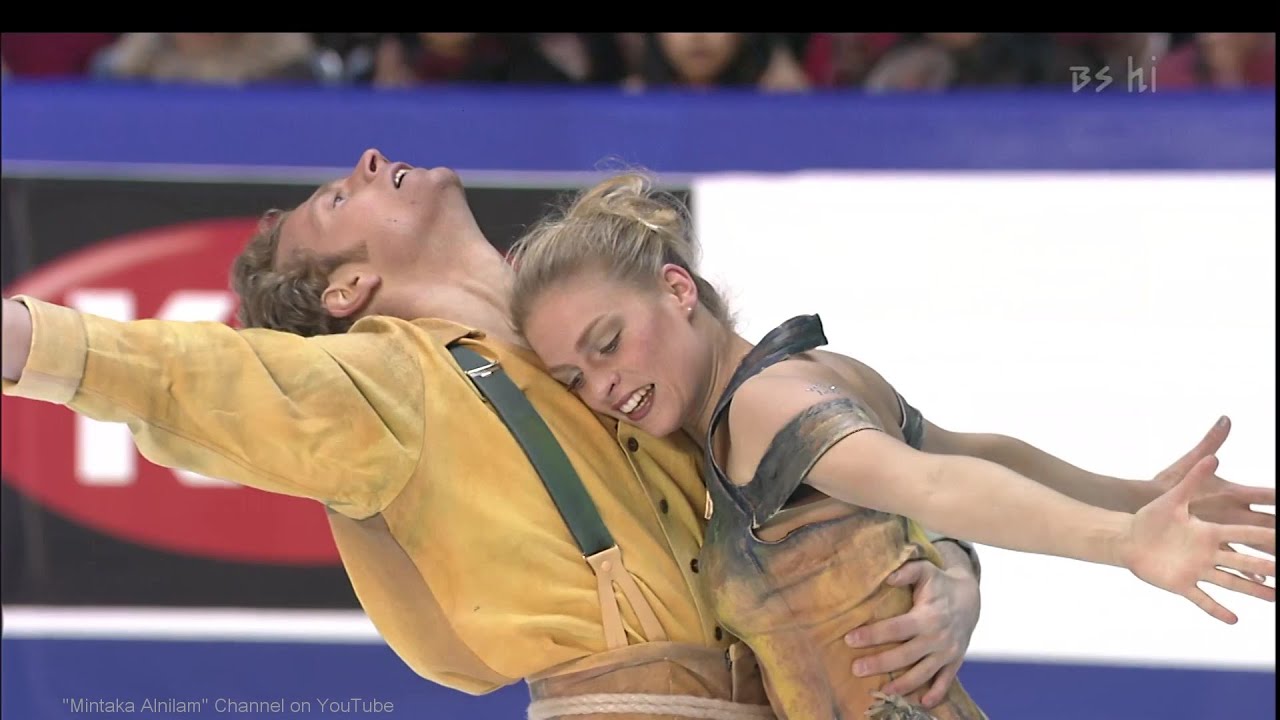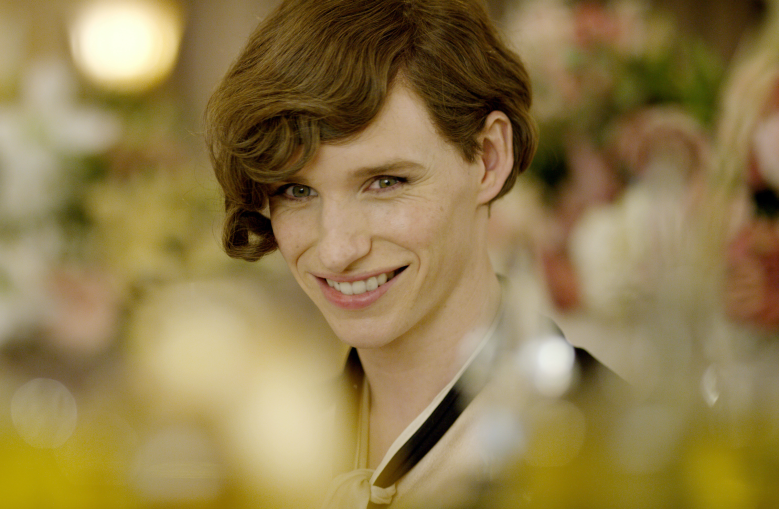sadya
Well-Known Member
- Messages
- 586
I'm adding this point in a separate post, as it might not fit with this discussion entirely, but I mention this as it is part of this subject. A big additional reason for people becoming upset about cultural appropriation is that when someone from a different background wears something or has a certain style, that person is seen as too different, perhaps even bullied or discriminated against. As soon as someone from the bullying or discriminating side uses that same style though, suddenly it's in fashion.
People have done this with clothing, with hair styles, jewelry, mehndi (henna) applications, etc. I remember begin bullied when growing up, because my parents made me wear southasian clothes, fearing I would become too "western" and also fearing the judgement of other southasians judging how they were raising their daughter. In my early 20s, suddenly this style of clothing became popular here and nowadays everyone wears it. It was very strange to come across my old schoolfellows who used to bully me for my clothes, suddenly wearing those same kinds of clothes. Personally, I like that this is fashion here nowadays, people can't refuse me jobs for my clothing style anymore.
And unfortunately nowadays you have to add disclaimers to everything you write, so here is mine: not all people are the same, this means not all Dutch people bully or discriminate and this also means that not all southasian parents have a strict choking culture when raising their daughters.
People have done this with clothing, with hair styles, jewelry, mehndi (henna) applications, etc. I remember begin bullied when growing up, because my parents made me wear southasian clothes, fearing I would become too "western" and also fearing the judgement of other southasians judging how they were raising their daughter. In my early 20s, suddenly this style of clothing became popular here and nowadays everyone wears it. It was very strange to come across my old schoolfellows who used to bully me for my clothes, suddenly wearing those same kinds of clothes. Personally, I like that this is fashion here nowadays, people can't refuse me jobs for my clothing style anymore.
And unfortunately nowadays you have to add disclaimers to everything you write, so here is mine: not all people are the same, this means not all Dutch people bully or discriminate and this also means that not all southasian parents have a strict choking culture when raising their daughters.








